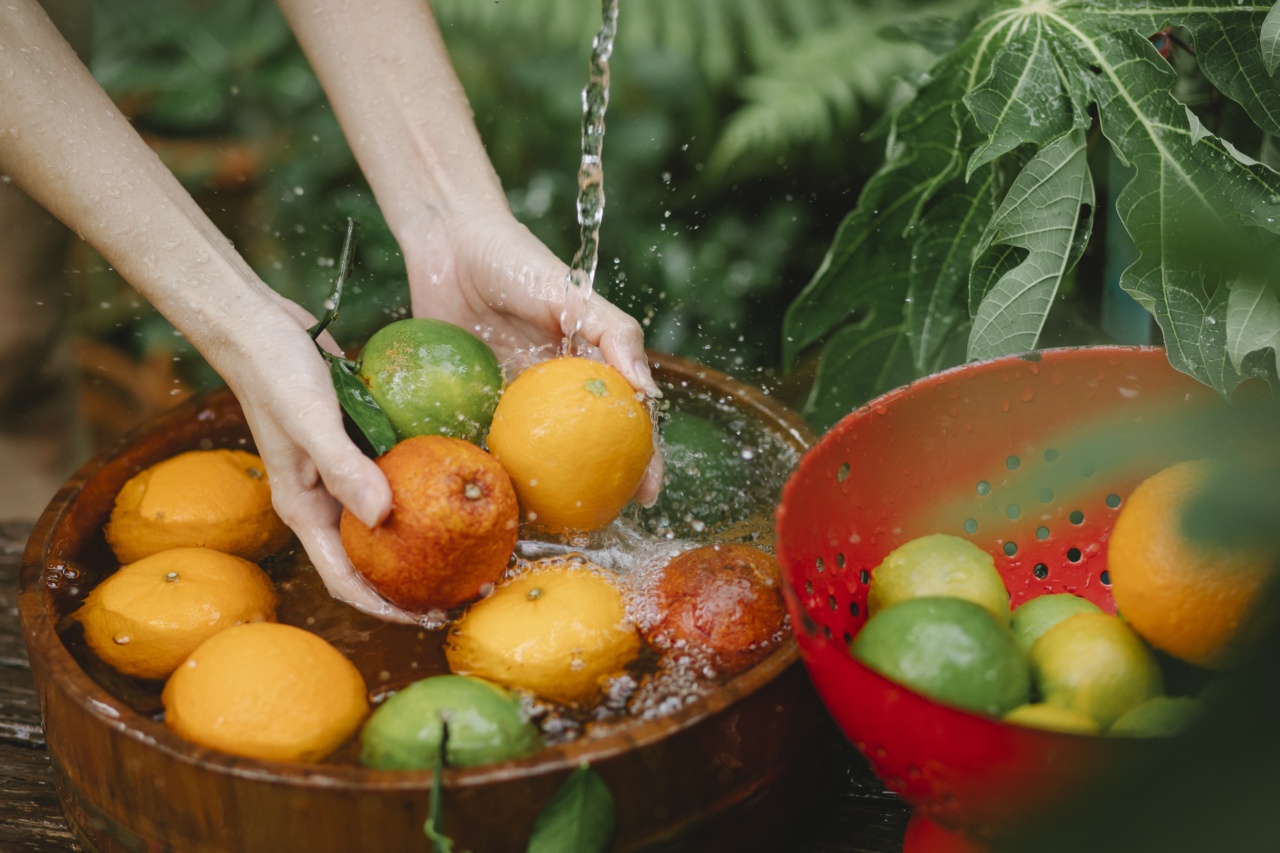When it comes to fighting cancer, nutrition plays a crucial role. The food you eat can either boost or hinder the effectiveness of cancer treatments.
As such, it is important to pay close attention to what you eat and avoid certain foods that could exacerbate the problem. Here are 13 foods that you should steer clear of when battling cancer:.
1. Processed Meats
Processed meats like hot dogs, bacon, and deli meats contain high levels of nitrates and nitrites. These chemicals have been linked to a higher risk of developing cancer, particularly colon and stomach cancer.
Instead, opt for fresh cuts of meat or plant-based protein sources like tofu and beans.
2. Sugar
Sugar is known to feed cancer cells and can make them grow faster. It is important to limit your sugar intake as much as possible when fighting cancer.
Try to consume natural sugars found in fruits and vegetables instead of refined sugars like those found in candy and baked goods.
3. Alcohol
Alcohol is a known carcinogen and can increase the risk of developing various types of cancer, including breast, liver, and pancreatic cancer. It is best to avoid alcohol altogether when undergoing cancer treatment.
4. Fried Foods
Fried foods like french fries, fried chicken, and fried fish contain high levels of acrylamide, a chemical that has been linked to an increased risk of developing various types of cancer.
Instead, opt for healthier cooking methods like grilling, baking, or broiling.
5. Refined Flour
Refined flour is found in many processed foods like pasta, bread, and baked goods. It has been stripped of its nutrients and has a high glycemic index, which can cause insulin resistance and inflammation. Choose whole grain options instead.
6. Red Meat
While fresh cuts of red meat like beef, pork, and lamb can be a good source of protein, it should be consumed in moderation when battling cancer. Red meat is high in saturated fat and has been linked to an increased risk of colon cancer.
7. Trans Fats
Trans fats are found in many processed foods like margarine, snack foods, and baked goods. They have been linked to an increased risk of various types of cancer. Be sure to read the labels and avoid foods that contain trans fats.
8. Dairy Products
Dairy products like milk, cheese, and yogurt contain high levels of saturated fat and have been linked to an increased risk of developing prostate and breast cancer.
Opt for plant-based milk options like almond or soy milk and limit your consumption of cheese and yogurt.
9. Artificial Sweeteners
Artificial sweeteners like aspartame and sucralose have been linked to an increased risk of developing cancer. If you need to sweeten your food or drinks, opt for natural options like honey or stevia.
10. Canned Foods
Canned foods like soups, fruits, and vegetables often contain high levels of sodium and preservatives. These additives can increase inflammation in the body and may contribute to the development of cancer.
Opt for fresh or frozen fruits and vegetables instead of canned options.
11. Charred Foods
Charred foods like grilled meat or blackened fish contain high levels of carcinogens that can increase the risk of developing cancer. It is best to avoid charred foods altogether when undergoing cancer treatment.
12. Hydrogenated Oils
Hydrogenated oils like vegetable oil and shortening have been linked to an increased risk of various types of cancer. Opt for healthier oils like olive oil or coconut oil instead.
13. Soy Products
Soy products like tofu and soy milk contain high levels of phytoestrogens, which can mimic the effects of estrogen in the body. This can be problematic for those battling estrogen-positive breast cancer.
It is best to limit your intake of soy products if you are undergoing cancer treatment.
Conclusion
Fighting cancer is a holistic process that involves multiple factors, including nutrition. By avoiding these 13 foods, you can give yourself the best chance at beating cancer and improving your overall health.
In addition to avoiding these foods, be sure to eat a diet rich in fruits, vegetables, whole grains, and lean protein sources.





























